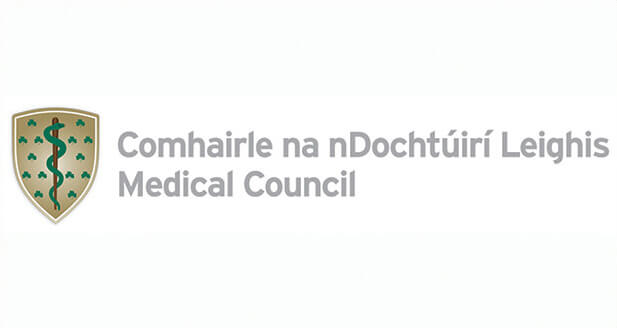Discover if you’re a good candidate for hair transplant surgery
One of the most common questions we are asked at HRBR is “am I a good candidate for hair transplant surgery?”.
Most men with significant thinning or baldness, and in good general health, are candidates for hair transplantation. That said, only about one in three patients who visit HRBR proceed to surgery. Surgery, though possible, may not always be the best immediate option. It is not uncommon for a HRBR patient who wants hair transplant surgery to be advised to wait or consider other options.
Younger candidates for hair restoration
Younger men in their 20s may not be suitable candidates as their hair loss pattern may not yet be fully established. If hair transplant surgery is carried out before someone’s hair loss is fully established, an island of transplanted hair will appear at the front of the head as the hairline on the crown and surrounding hair continues to recede over time.
Many women who have pattern baldness are also suitable candidates. Roughly 20% of patients at HRBR are women.
 Pre-surgery consultation
Pre-surgery consultation
During consultation the doctor will determine a patient’s suitability for transplant by checking the density of donor hair and the laxity of their scalp. When an individual has high donor density, it means their follicular units usually contain multiple hairs. Low donor density means they have follicular units often containing only one hair. If an individual has a very loose scalp, a larger donor strip of hair-bearing skin can be removed, whereas a tight scalp means only a thin donor strip will be possible.
A plan is then devised to achieve the best possible hair restoration for the particular patient, taking into account their balding pattern, how much donor hair is available and how many grafts they can afford. The plan may call for one or several hair transplant surgeries, or a combination of surgery and pharmacological treatments.
Risks of hair transplant surgery
Although hair transplantation is considered minor surgery, it is still invasive so carries certain risks. Surgeries often take up to 10 hours which can pose a potential risk to the patient’s heart due to the prolonged exposure to adrenaline. That is why HRBR, and a small number of other responsible clinics, always check their patients’ hearts by electrocardiogram (ECG) if surgery has been requested. In the 12 months previous to the writing of this blog, HRBR referred three patients to a cardiologist whose conditions were uncovered during their pre-operative assessment.
For many female patients, the cause of their hair loss is not obvious and is most likely resulting from a skin disease. In such cases we recommend investigation by a Consultant Dermatologist before deciding on a hair restoration plan.
If you are suffering from hair loss and would like to discuss possible treatment options please contact us to request a consultation. To read more about hair loss in men visit the ISHRS website.











